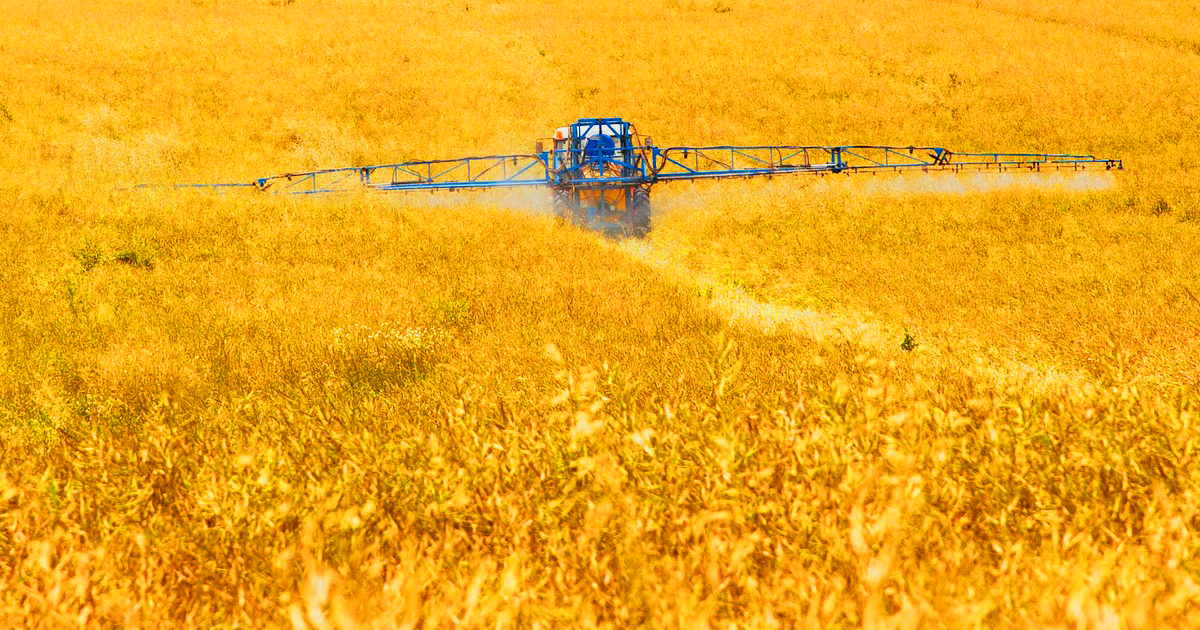What are nitrates and how do they end up in water?
What are nitrates, and how can we prevent them from entering our water supply? Here, we answer your FAQs about nitrates, and how to keep your family safe from harm.
Posted in
Contaminant,
Culligan Solutions,
Home & Health,
Water Filtration System,
Water Problems,
Water Treatment

It's common knowledge that we don't want to find nitrates in our water. But what are nitrates, and how can we prevent them from entering our water supply? Here, we answer your FAQs about nitrates, and how to keep your family safe from harm.
1. What are nitrates?
Nitrates are created during the nitrogen cycle, a natural process during which nitrogen - an element essential for all living things to survive - converts into various chemical forms to circulate through select ecosystems.
When nitrogen is applied to soil, bacteria convert it to nitrates. This is good for plant growth - plants absorb most nitrogen in the form of nitrates - which is why farmers apply it to soil to grow the fruits and vegetables we eat every day.
2. How do nitrates end up in water?
Nitrates are ultra-soluble in water, which means excess rainfall and over-irrigated soil can cause nitrates to leech below a plant's root zone and pollute groundwater.
This is especially problematic for those who use well water - particularly those near livestock facilities and sewage disposal areas.
3. Why are nitrates a health risk?
Nitrates are a health risk because, when consumed, they are particularly dangerous for pregnant and nursing women, infants and the elderly.
This contaminant is the culprit of blue baby syndrome, which affects infants less than six months of age. Blue baby syndrome causes veins and skin to appear blue, since blood is no longer able to carry enough oxygen to body cells.
Studies also show that long-term exposure to nitrates has been linked to cancer in every animal species tested.
4. Is there a safe level of nitrates?
According to the Environmental Protection Agency, 10 mg/L of nitrates is acceptable to have in your water.
However, if nitrates are present in your water, there's a chance that bacteria such as E.Coli could be present, too. These also lead to health problems and disease.
5. How can I find out if there are nitrates in my water?
We cannot detect nitrates from smell, taste or sight. In this case, laboratory testing achieves the most accurate and reliable results. Schedule a water test with your municipality or local Culligan water expert.
Doing so will reveal if you have nitrates in your water, or any other contaminants, for that matter.
6. How do I prevent nitrates from entering my water supply?
There are three ways to remove nitrates from water: distillation, reverse osmosis and ion exchange. Please note that boiling water, water softeners, mechanical filters and adsorption filters do not remove nitrates.
If you call a local Culligan water expert, he or she will be able to diagnose your exact water problems, and tailor a solution to your needs.
-
When it comes to water quality, it isn't a smart to roll the dice - especially if you have young children. Schedule a water test for peace of mind and to keep your entire family safe from harm.

